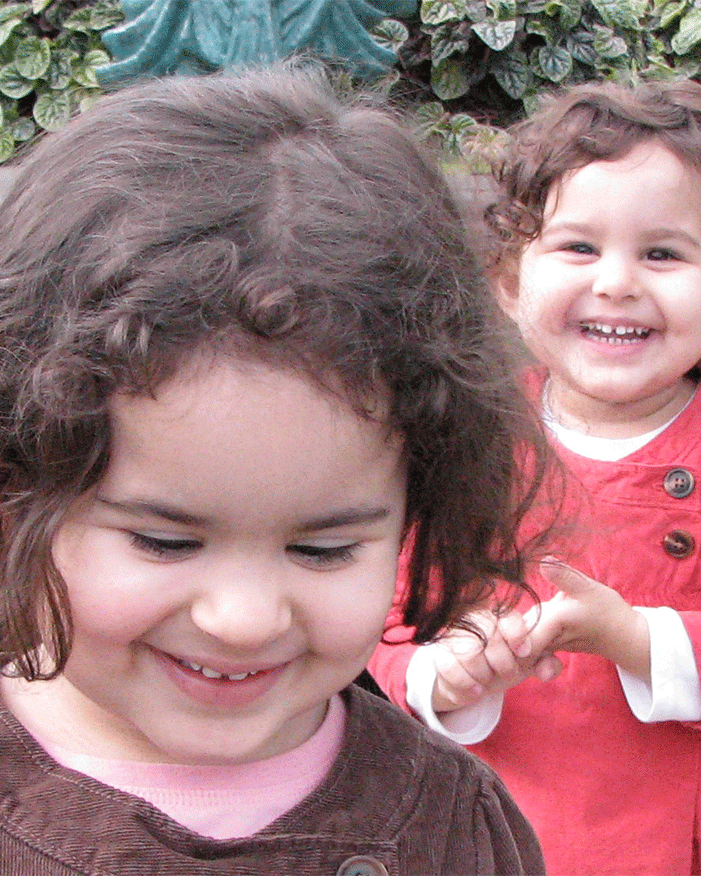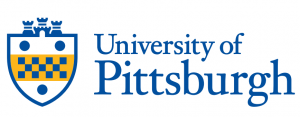
Bedtime at the Rivera house brings another installment of the adventures of Moxie and Sookie, make-believe baby dragon friends. It’s the end of a long workday and Dr. Louis Rivera again delights his twin daughters, Ruby and Olivia, with his own carefully crafted bedtime story. He lovingly tousles the curly heads of his two-and-a-half year olds as they hang on his every word. Dr. Rivera can’t imagine life without them.
Not that long ago, Dr. Rivera couldn’t envision twin daughters in his future. He didn’t foresee marriage. The 28-year-old had trouble seeing much beyond finishing medical school at the University of Pittsburgh. Then, midway through his senior year, came news that made Louis Rivera wonder if he had any future at all.
It was winter 1999 when the medical school student from New Jersey first grew concerned about his sudden weight loss and night sweats. When he tried to donate blood, a nurse told him he was anemic. Something was definitely wrong. Calm, steady, Dr. Rivera absorbed the life-changing news — he had stage IV advanced Hodgkins lymphoma.
The rigorous chemotherapy that could save his life came with a 50-50 chance of causing infertility. Before he started a six-month course of chemotherapy, his oncologist advised him to consider a fertility-preserving option. He could donate sperm that would be stored for future reproductive use.
Fatherhood wasn’t on Dr. Rivera’s radar at that moment. He just wanted to be cured, to continue his studies, practice medicine, and grow old. “Fertility just isn’t something you worry about when you’re facing survival from cancer. I didn’t fully understand it was a reasonable thing to do at the time,” Dr. Rivera explains. “That’s the trap of cancer. You lose focus on what’s ahead. It’s critical to have advice that forces you to look at the future; you don’t always think about life on the other side of cancer.” He took his oncologist’s advice and donated sperm that were cryopreserved, or frozen, and stored so that fatherhood after cancer treatments could be a possibility.
His battle with cancer was tough. “Being a doctor didn’t help,” he said. Medical school studies offered encouragement and focus. “I was doing a surgical rotation, it just felt right. A lot of my mentors were surgical oncologists, one of them also had recovered from the same type of cancer I had.”
At the same time, his relationship with a young woman he met in Pittsburgh was becoming serious. In Megan, he found strength to endure cancer treatment. Zapped of the energy required to start his surgical residency, Dr. Rivera did trauma research for a year while he recovered.
A year later, he began a surgical residency in San Diego, CA. He and Megan became engaged. Life was good. Then the cancer returned. This time, treatment involved an autologous peripheral stem cell transplant, using Dr. Rivera’s own bone marrow stem cells to make new bone marrow. He and Megan married. “We both wanted children, but decided to wait for five years to be sure the cancer wouldn’t recur.”
Fatherhood After Cancer
Cancer-free five years later, the Rivera’s pursued their dream of having children. The couple’s reproductive specialist in San Diego coordinated with Magee embryologist Rose Ann King who shipped and tracked Dr. Rivera’s cryopreserved specimens, sealed in a tank filled with liquid nitrogen, cross-country from Magee’s Center for Fertility and Reproductive Endocrinology to the in vitro fertilization lab in San Diego.
Since 2001, Magee has provided cryopreservation of sperm for cancer patients or those on medications that affect sperm production, and currently stores samples for approximately 450 patients.
“Magee was great,” said Dr. Rivera. “They kept in touch throughout the process.” In vitro fertilization was successful and the couple was overjoyed to learn they were having twins. Ruby and Olivia were born in August 2007.
Dr. Rivera, a lieutenant commander in the U.S. Navy, will practice as a surgical oncologist at the Naval Medical Center San Diego after his surgical oncology fellowship at Roswell Park Cancer Institute in Buffalo, NY. If being a doctor didn’t help his journey to recovery from cancer, surviving cancer has helped him be a better physician. He knows well how cancer disrupts life priorities and he’s determined to give his patients the same opportunity for fulfillment on the other side of cancer that he was given.
“As an oncology surgeon and cancer survivor, I don’t view treatment as benign,” Dr. Rivera says. “It’s not right to treat cancer without thinking of the effect of treatment. When I see lymphoma patients for a biopsy, I make a point of telling them of the high potential that treatment may cause infertility and counsel them about options to preserve their fertility.”


